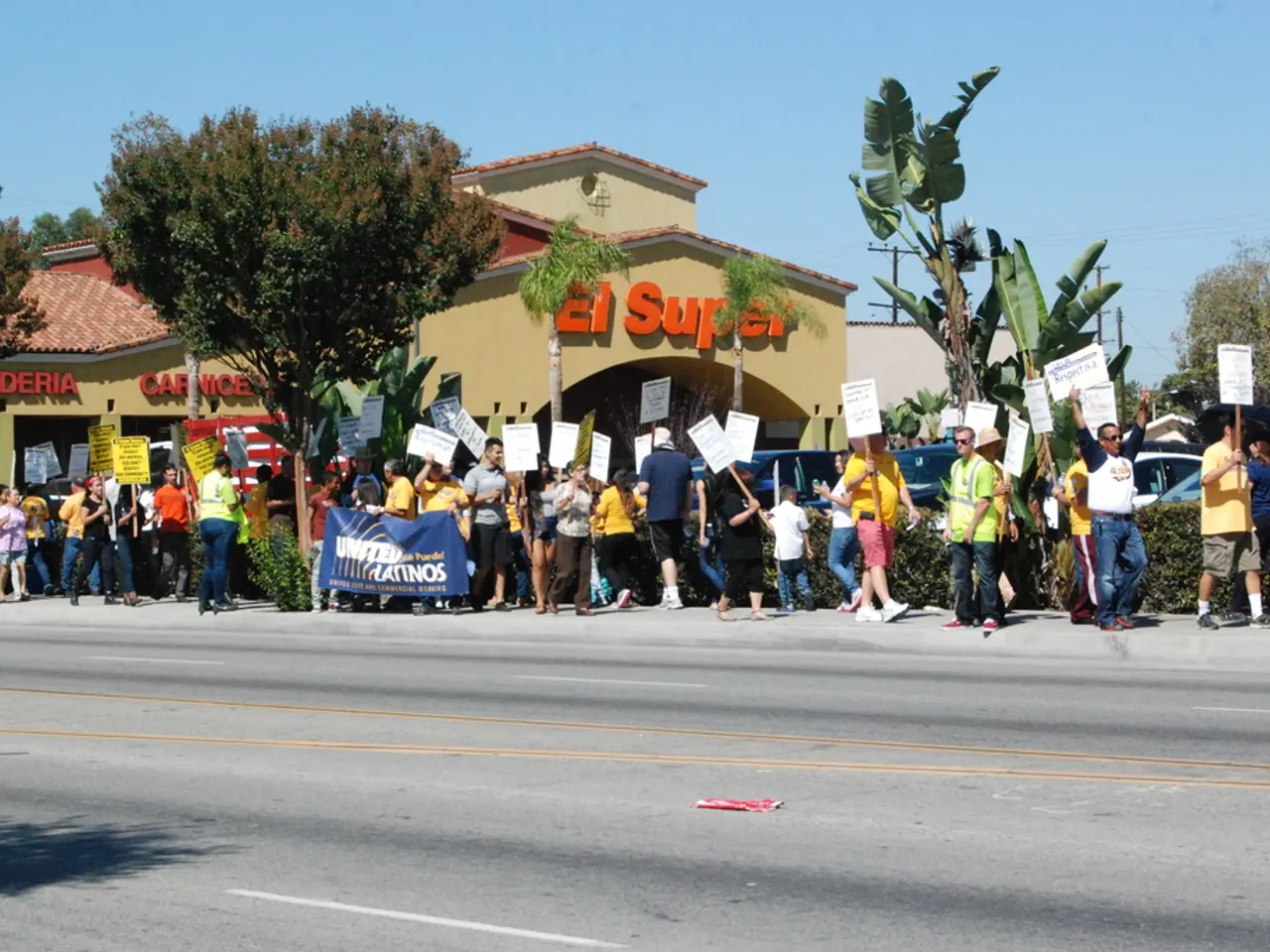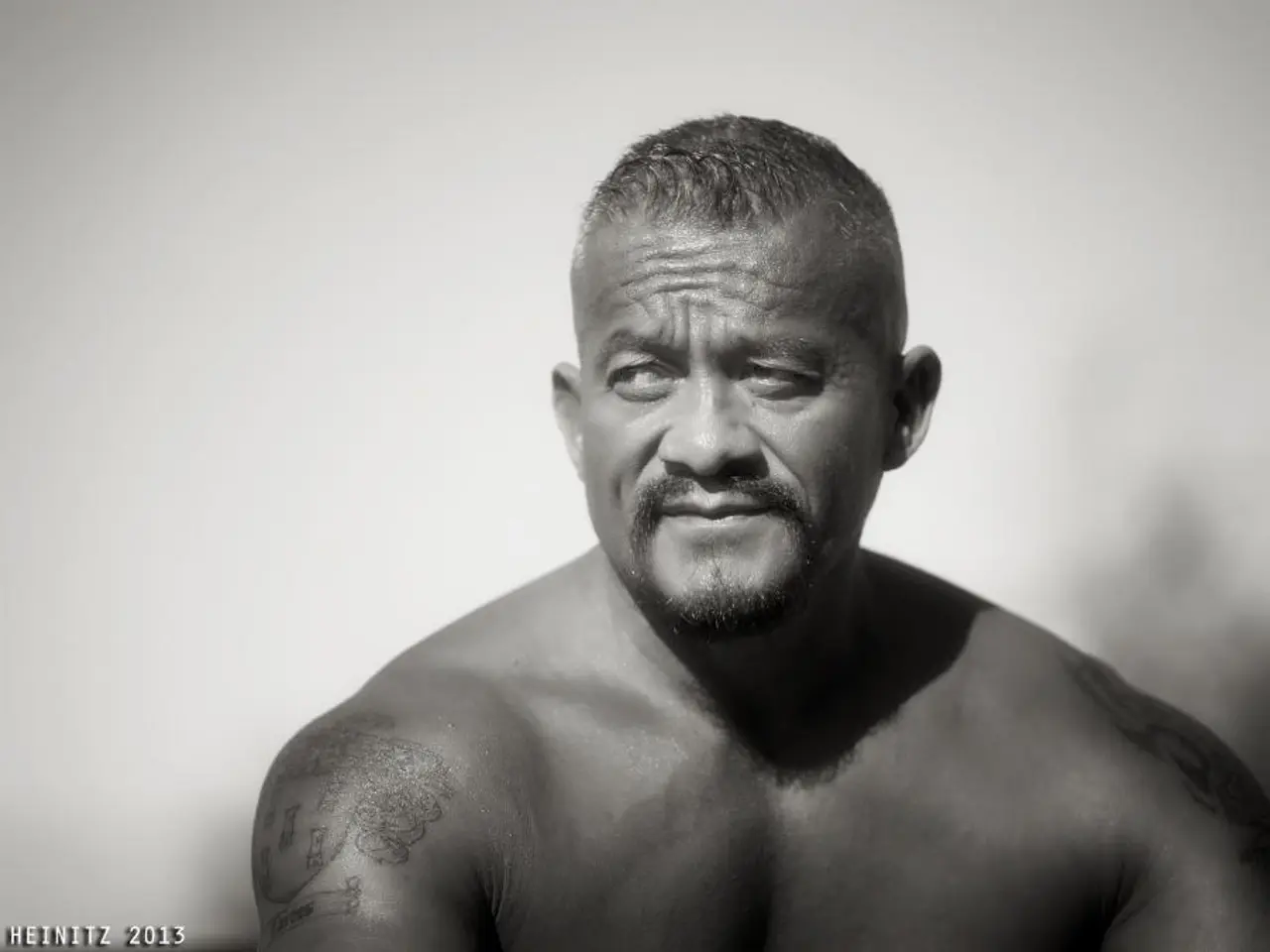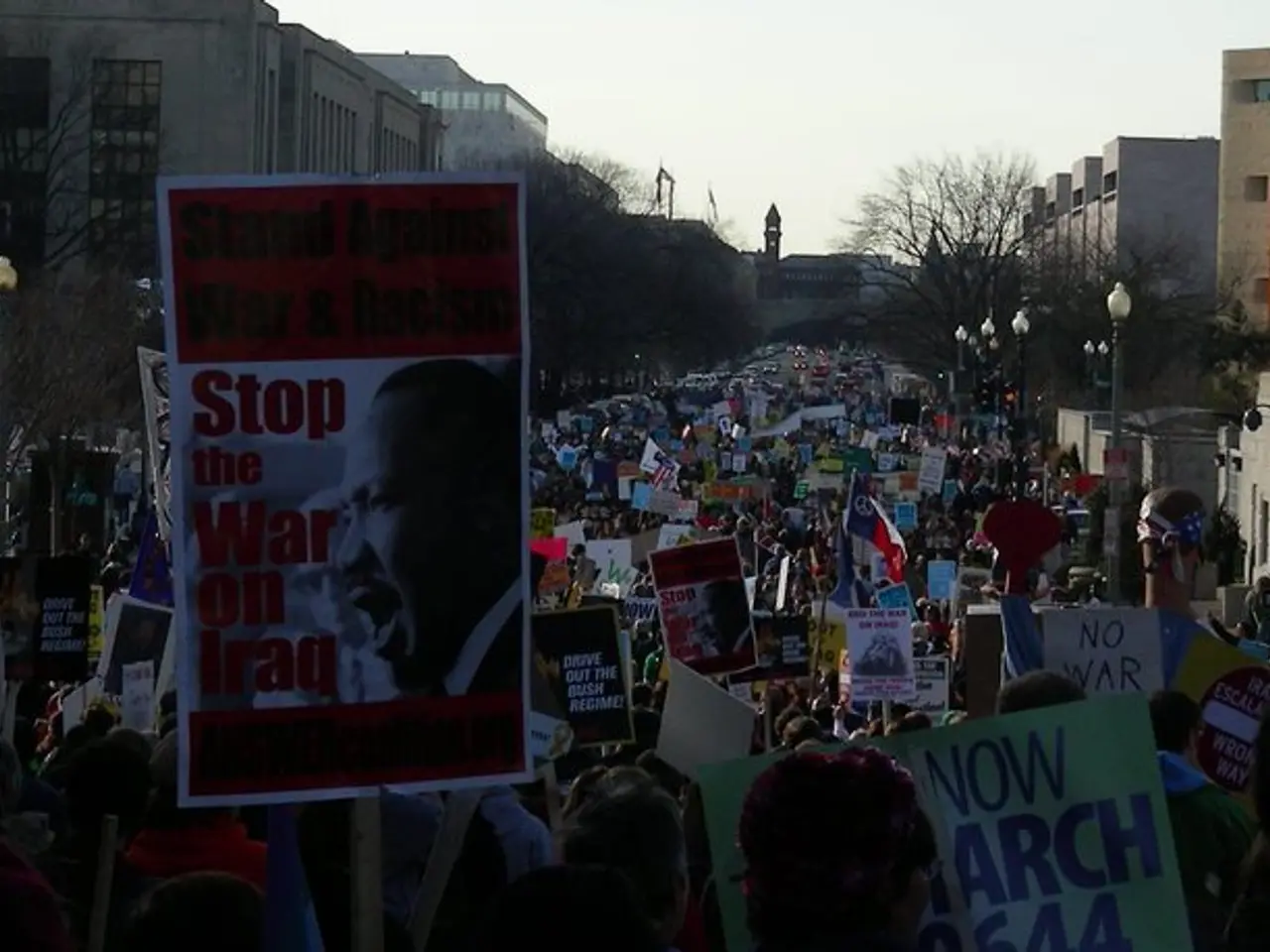Close elections results in Brandenburg: AfD falls slightly short of securing the top spot
Brandenburg Elections: SPD Secures First Place, Coalition Talks Begin
After a closely contested election, the Social Democratic Party (SPD) has emerged as the strongest party in the Brandenburg state elections, securing 30.9% of the votes. The Alternative for Germany (AfD) narrowly missed out on first place, with 29.2% of the votes.
The elections, much-worried-about and long-anticipated, saw the SPD and AfD as the top two parties, with the SPD's Ministerpräsident, Dietmar Woidke, announcing he would like to hold talks with the CDU first.
The results also saw Sahra Wagenknecht's new party, the BSW, and the CDU in third and fourth place, respectively, with 13.5% and 12.1% of the votes, respectively. No other party was able to exceed the 5% mark. Die Linke got 3% and the Greens got 4.1%.
The process for forming a coalition in Brandenburg now begins. Parties will discuss possible partnerships that can command a majority in the state parliament, explicitly avoiding coalitions with the AfD. The SPD, as the leading party, will negotiate with other parties such as the CDU, Greens, or smaller parties to cobble together a majority.
The SPD and its potential coalition partners maintain a firm stance against coalescing with AfD due to ideological differences and AfD's controversial reputation. In Brandenburg's political environment, coalition-building is complicated by the rise of AfD and other populist parties, but previous practice and the SPD's first place finish position it to try alliances with centrist or left-leaning parties while excluding AfD from government formation.
Robert Crumbach, the BSW candidate in Brandenburg, has emphasized foreign policy as an important issue, speaking out against stationing US nuclear missiles in Germany and demanding a statement from the state government on the Russia-Ukraine war.
While no direct information on exact coalition talks post-election is available, the general process follows the established German state coalition formation procedures where parties negotiating to exclude AfD must find alternative partners to secure a legislative majority. The outcome of these negotiations will determine the composition of the next Brandenburg government.
The outcome of the Brandenburg elections, with the SPD securing first place, will likely impact the discussion on war-and-conflicts, as party leaders have expressed their opposition to stationing US nuclear missiles in Germany and are keen to address the Russia-Ukraine war.
As talks begin for coalition formation, politics in Brandenburg will be centered around the SPD's pursuit of partnerships among the CDU, Greens, or smaller parties, while intentionally avoiding any alliance with the AfD, given their controversial reputation and ideological differences.






